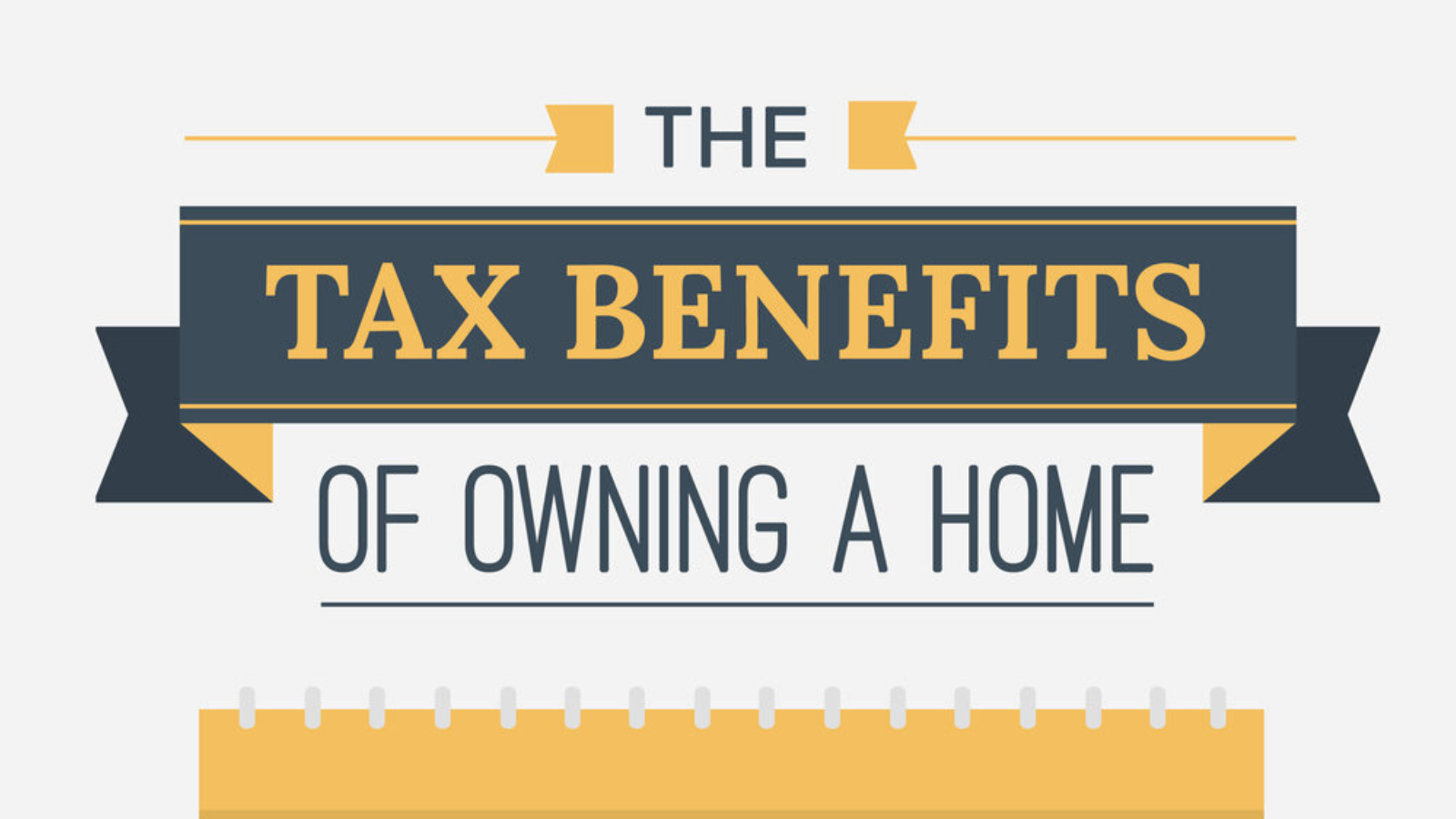Are you a homeowner in San Jose, or are you considering buying a home in the area? If so, you’re in luck! Owning a home in San Jose comes with numerous tax benefits that can help lower your tax bill and put more money back in your pocket. In this article, we’ll explore the various tax deductions and credits available to homeowners in San Jose, ensuring you take full advantage of the tax benefits that come with homeownership.
Understand Property Taxes
One of the significant tax benefits of owning a home in San Jose is the deduction for property taxes. In the past, property tax deductions were unlimited, allowing homeowners to deduct the full amount of their property taxes. However, with the changes in the federal tax law in 2017, state and local taxes, including property taxes, are now capped at a total of $10,000 combined. Although this cap may limit the amount you can deduct, it can still be a significant tax break, especially if you live in an area with high property taxes.
It’s essential to note that as a new homeowner, you can only deduct the property taxes you paid for the portion of the year you owned the home. The seller gets the rest of the deduction, even if you offered to pay the full year of property taxes during negotiations.
Benefit from Mortgage Interest Deductions
Another valuable tax benefit for homeowners in San Jose is the deduction for mortgage interest. Many homeowners can deduct the interest portion of their monthly mortgage payments each year. Under the new tax plan, taxpayers are allowed to deduct mortgage interest on loans of up to $750,000, compared to the previous limit of $1 million. This cap applies not only to primary residences but also to secondary or vacation homes.
If you plan to buy a home in San Jose, it’s important to keep track of your mortgage interest payments, as they can be a significant tax deduction. Be sure to consult with a tax professional to understand how this deduction applies to your specific situation.
Take Advantage of Tax Credits for Renewable Energy
San Jose is known for its commitment to sustainability and renewable energy. As a homeowner in the area, you can benefit from tax credits for installing renewable energy products and upgrades in your home. These tax credits are available for a limited time and can significantly reduce your tax liability.
For example, homeowners who install solar electric and solar water heating equipment can take advantage of tax credits available through December 31, 2021. These credits can amount to up to $500 for all energy efficiency upgrades. To qualify for these credits, the products you install must meet ENERGY STAR requirements, which certify that they save energy, money, and help protect the environment.
Consider installing energy-efficient windows, doors, skylights, and other upgrades to not only reduce your energy bills but also enjoy the tax benefits associated with renewable energy.
Understand Mortgage Points and Prepaid Interest Deductions
If you’re planning to buy a home in San Jose, it’s essential to understand the concept of mortgage points and prepaid interest deductions. When you take out a mortgage, you may have the option to pay points, which are essentially fees paid to the lender to lower your interest rate. The good news is that these points can be tax-deductible.
Typically, a point is equal to 1 percent of your loan amount. For example, if you borrow $200,000, one point would be $2,000. When you itemize your deductions on Schedule A of IRS Form 1040, you can deduct the prepaid interest or points you paid in the year you paid them. This deduction is particularly beneficial if you plan to stay in your home for a long time, as it can bring down your interest rate or help with origination fees.
It’s important to note that the rules for this deduction may differ if you refinance your mortgage or use the money for purposes other than home improvements. In these cases, consult with a tax professional to ensure you take full advantage of the deduction.
Deductions for Home Improvements
As a homeowner in San Jose, you may be eligible for deductions for certain home improvements. Let’s explore two common scenarios where you can benefit from these deductions:
Home Office Deductions
If you use a part of your home regularly and exclusively for business purposes, you may qualify for home office deductions. This deduction is available for independent contractors or self-employed individuals whose home office is their primary place of business. However, if you’re an employee who has an office to go to but occasionally works from home, this deduction has been repealed.
To take advantage of the home office deduction, keep detailed records of your business-related expenses, such as utilities and maintenance costs for the portion of your home used as an office. Consult with a tax professional to ensure you meet all the requirements and maximize your deduction.
Modifications for Medical Reasons and Aging in Place
For older homeowners in San Jose who have medical concerns and plan to age in place, home remodeling projects that support these needs may be eligible for tax deductions. These modifications can include installing wheelchair ramps, non-skid floorings, stair lifts, widened doorways, grab bars, shower seats, and anti-slip coatings in bathrooms.
To qualify for this tax break, you will need a letter from your doctor certifying that the improvements were medically necessary. Additionally, the cost of these modifications must exceed at least 7.5% of your adjusted gross income.
Leverage Home Equity Loan Interest Deductions
If you have a home equity loan or a Home Equity Line of Credit (HELOC), you may be eligible for a tax deduction on the interest you pay. However, this deduction is only applicable if you use the loan proceeds for major home improvements, such as remodeling a bathroom or renovating a fixer-upper.
It’s important to note that the maximum amount of mortgage debt on which you can deduct the interest, including both your primary mortgage and home equity loan, is $750,000. The tax benefits of this deduction are most significant in the early years of the loan when most of the payments go towards interest.
Benefit from Capital Gains Exclusion
Any homeowner in San Jose who has lived in their primary residence for at least two of the five years before selling it may qualify for a capital gains exclusion. This tax break allows the IRS to exempt up to $250,000 of the gain if you’re single or $500,000 if you’re married filing jointly from your income.
The capital gains exclusion is an excellent way to reduce the tax impact on any taxable capital gains from the sale of your property. The best part is that there’s no restriction on how many times you can use this exclusion, making it a valuable tax benefit for homeowners in San Jose.
Moving Expense Deductions for Military Homeowners
If you’re a military homeowner and have to relocate due to a job, you may be eligible for deductions for moving expenses. These deductions can help offset the costs associated with moving, especially if the new job is more than 50 miles away from your current residence. Be sure to keep detailed records of your moving expenses, including transportation, storage, and lodging costs, to maximize your deductions.
Conclusion
Owning a home in San Jose comes with numerous tax benefits that can help you save money and reduce your tax bill. From deducting property taxes and mortgage interest to taking advantage of tax credits for renewable energy and capital gains exclusions, homeowners in San Jose have various opportunities to optimize their tax situation.
Remember, tax laws can be complex, and it’s crucial to consult with a tax professional to ensure you’re taking full advantage of the available tax benefits. By understanding and leveraging these tax benefits, you can make the most of your homeownership experience in San Jose while maximizing your financial savings.




